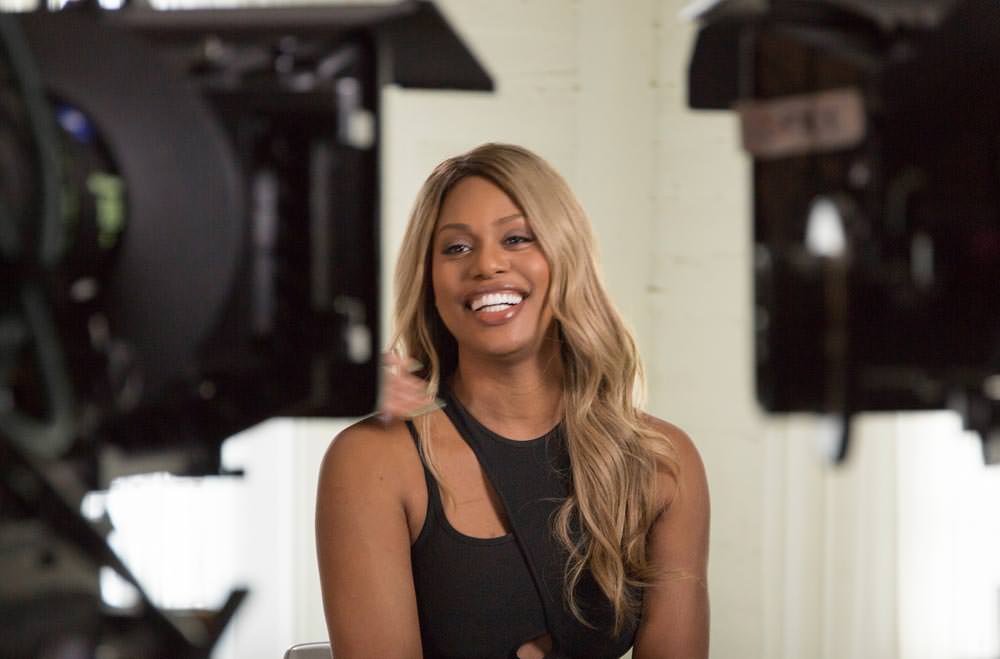
Even now, having written a book about queer cultural history (with a stated commitment to ensure a focus on the transgender figures who helped shape our culture), we would never claim to be “experts” on LGBTQ history – and especially not experts on trans history. During the writing of our book, our attitudes and presumptions about trans people and their contributions to culture shifted. We came out of the other end of this project with a newfound understanding and appreciation for what trans people did for the LGBTQ community and how badly the gay community treated them in response. Even so, we were not prepared for the schooling we got when we sat down to watch Disclosure.
In fact, that very schooling is why this review is being filed under our “Legendary” tag instead of the “Movies” one. Because if you’ve read our book our the many supplemental posts we wrote in support of it, you’re going to see a lot of the figures we highlighted and spotlighted in it, such as Storme DeLarverie, Sylvia Rivera and Marsha P. Johnson.
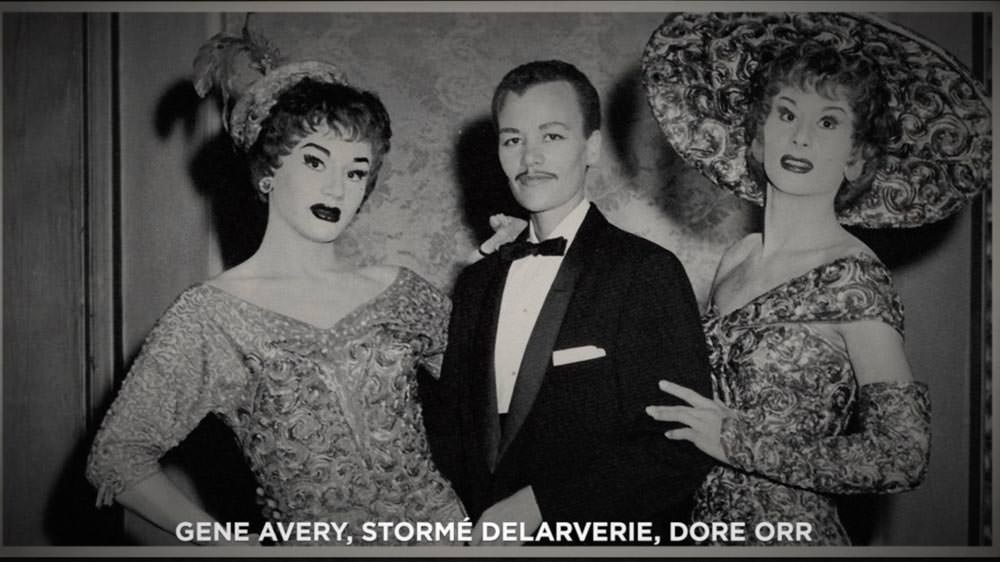
One of the more delicately handled aspects of our book was the manner in which we discussed transgender figures in relation to the world of drag. It was a bit of a balancing act, because the history of drag is full of trans men and women but at the same time, modern trans activists have made it more than clear that drag and trans existence are two entirely different things. We won’t speak to whether or not we handled the matter with any deftness, but we can tell you that this documentary is a master class on the matter. As it should be, since no one can tell the story of a people better than the people themselves. Disclosure, through its interviews with a large group of trans activists and performers on the matter of trans representation, offers the viewer a deeply poignant, thoroughly inarguable point that trans representation in the media is as old as media itself and that a century-plus of damaging imagery and dehumanizing portrayals have taught the public to see trans people as jokes, freaks, or psychopaths. It forced us to look at a lot of our assumptions about what constitutes trans representation and how differently the matter is viewed through the eyes of the people most affected by it. It never would have occurred to us to look at the films of D.W. Griffith or the comedic drag stylings of Milton Berle and see them from a trans perspective.
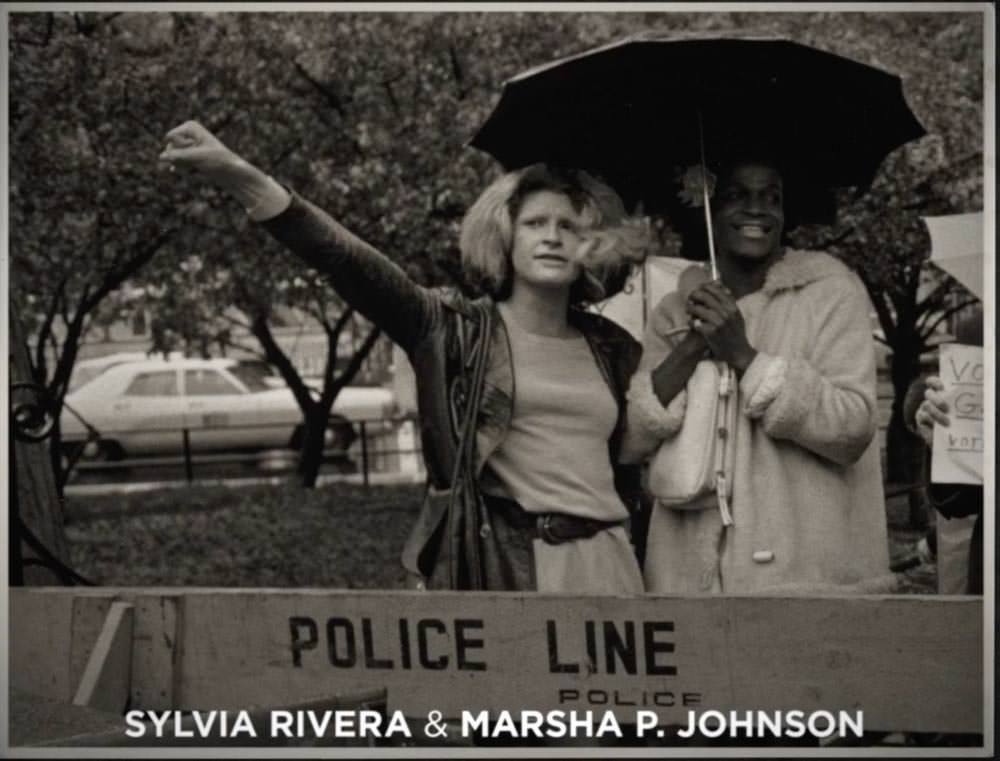
In many ways, this documentary is an expansion and a deepening of its closest “sister,” the legendary 1995 documentary, The Celluloid Closet. What makes this more concise and focused look at queer representation so powerful are the stories of trans people watching in horror and sorrow as their friends and family members laugh and point at the only people onscreen who reminded them of themselves. You won’t forget their stories.
Having said that, it’s not remotely a sad or depressing film. Quite the opposite, in fact. We urge everyone to take a couple of hours this PRIDE month – which has also become Black Lives Matter month – and watch this piece of increasingly important history. The time will fly by and you’ll come out the other end with a much better understanding of trans lives and how badly the worlds of film and television have served them.
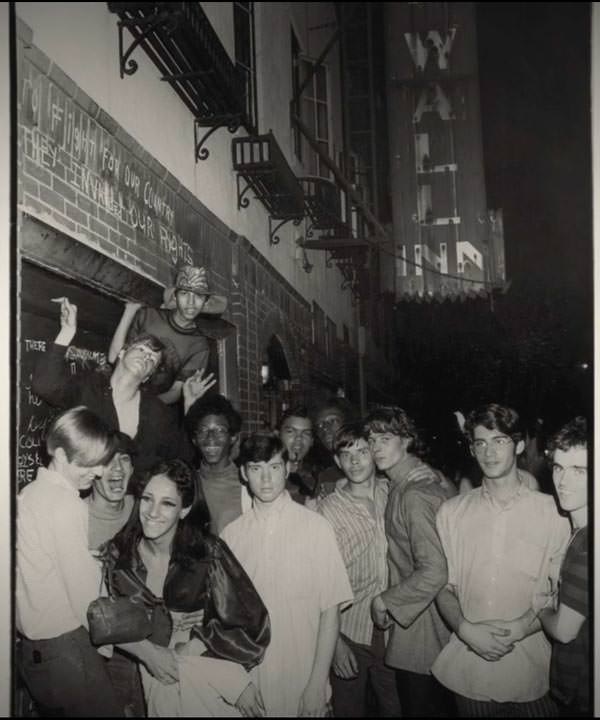
Disclosure is an unprecedented, eye-opening look at transgender depictions in film and television, revealing how Hollywood simultaneously reflects and manufactures our deepest anxieties about gender. Leading trans thinkers and creatives, including Laverne Cox, Lilly Wachowski, Yance Ford, MJ Rodriguez, Jamie Clayton, and Chaz Bono, share their reactions and resistance to some of Hollywood’s most beloved moments.

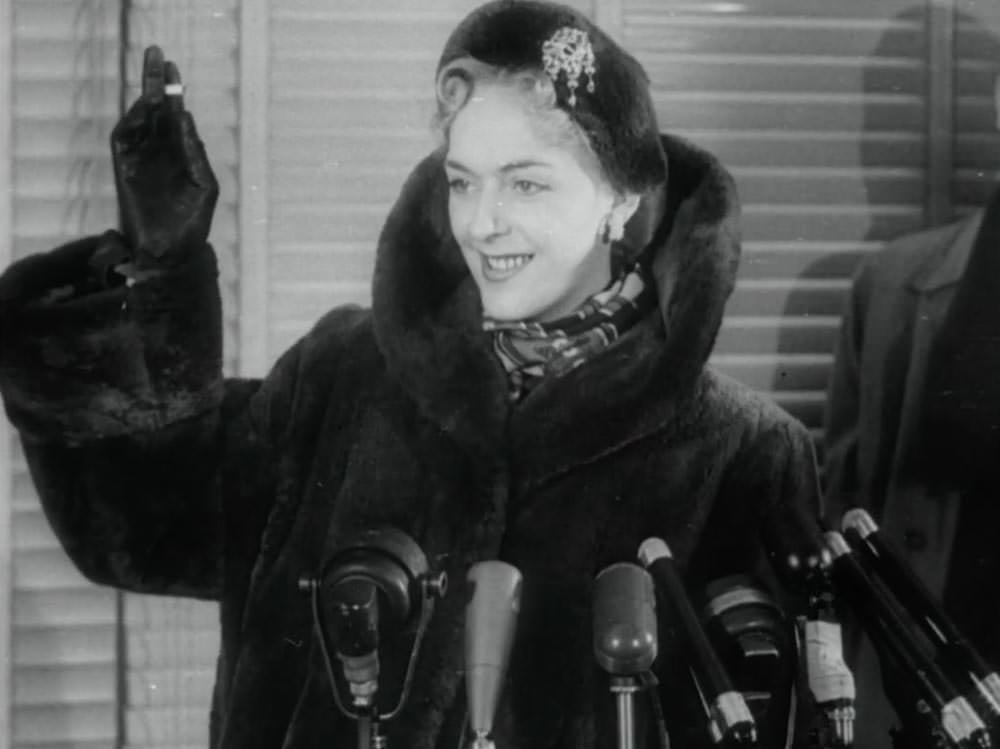
Grappling with films like A Florida Enchantment (1914), Dog Day Afternoon, The Crying Game, and Boys Don’t Cry, and with shows like The Jeffersons, The L-Word, and Pose, they trace a history that is at once dehumanizing, yet also evolving, complex, and sometimes humorous. What emerges is a fascinating story of dynamic interplay between trans representation on screen, society’s beliefs, and the reality of trans lives. Reframing familiar scenes and iconic characters in a new light, director Sam Feder invites viewers to confront unexamined assumptions, and shows how what once captured the American imagination now elicit new feelings. Disclosure provokes a startling revolution in how we see and understand trans people.
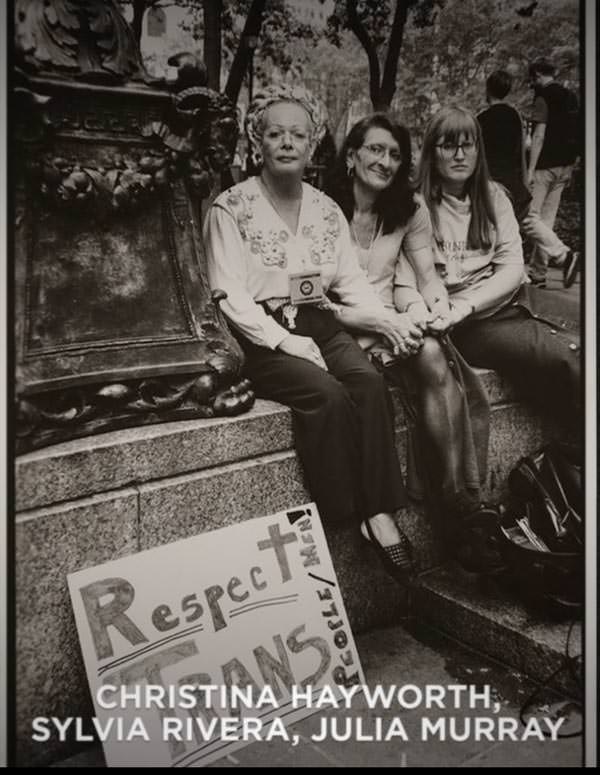
“Our book Legendary Children: The First Decade of RuPaul’s Drag Race and the Last Century of Queer Life is on sale now!
The Los Angeles Times called it “a nuanced exploration of the gender-bending figures, insider lingo and significant milestones in queer history to which the show owes its existence.” The Washington Post said it “arrives at just the right time … because the world needs authenticity in its stories. Fitzgerald and Marquez deliver that, giving readers an insight into the important but overlooked people who made our current moment possible.” Paper Magazine said to “think of it as the queer education you didn’t get in public school” and The Associated Press said it was “delightful and important” and “a history well told, one that is approachable and enjoyable for all.”
[Photo Credit: Netflix – Video Credit: Netflix via YouTube.com]
RuPaul’s Drag Race All Star: Get a Room! Next Post:
Ulla Johnson Resort 2021 Collection
Please review our Community Guidelines before posting a comment. Thank you!



